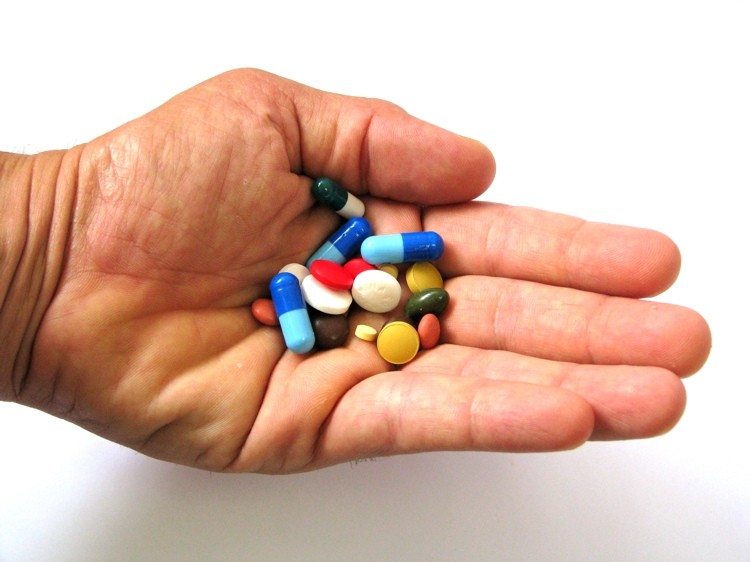
Every day, at least 10 Pennsylvanians die due to an opioid overdose. That is 70 people each week, 3,100 people every month. And these statistics aren’t simply numbers — they are our neighbors, classmates, familiar faces we see every Sunday at church.
Steadily and stealthily, the drug problems our community faces are stealing the identity, humanity and being of thousands of individuals, rendering them cautionary numbers on a website and advisory statistics on posters. Recognizing that the opioid crisis, especially in Pennsylvania, is a public health nightmare, one well-known corporation has tackled the challenge of finding a solution and consequently, fabricated an ingenious, effective and relatively simple solution to a horror plaguing our society, hopefully setting an example for community members like us to rise up and take action as well.
Walmart has always been our go-to store to satisfy snack cravings, finish last minute back-to-school shopping and pick up random essentials. Now, however, it is transforming itself into a safe haven for addicts and customers alike.
Just this month, the business announced that they are implementing a program that will help customers get rid of leftover opioids through the use of packets that have the power to turn them into a useless gel. They declared that with every opioid prescription filled in all of its 4,700 U.S. pharmacies, they will provide free packets of DisposeRx, which contain a powder that when mixed with warm water and the drug, will turn the mixture into a biodegradable gel that can be disposed of normally and safely.
As we all know, and might even be guilty of, we keep prescription painkillers in our cabinets and drawers and this habit is shown to spark and fuel the use of such drugs improperly especially in children, teens and young adults. In fact, the National Center for Health Statistics claims that leftover prescription medicine, such as oxycodone, is at the heart of the drug epidemic we face and just in 2016 itself, opioid overdoses killed 42,249 Americans.
As a result, the fix that Walmart enacted attempts to eradicate the issue at the root by teaching families and giving them the means to dispose of medicines that have the potential to either ignite or maintain an addiction.
Walmart U.S.’s vice president of consumables and health and wellness, Marybeth Hays explains, “The health and safety of our patients is a critical priority; that’s why we’re taking an active role in fighting our nation’s opioid issue.”
Just as Walmart has recently put this practice into effect, other retail pharmacies have taken steps toward addressing the issue that millions of Americans unfortunately face. Walgreens has been stocking its shelves with Narcan, an overdose blocker, since this past October. CVS pharmacies have limited the filling of opioid prescriptions to only seven days a month. These measures are sure to make an impact here in Philadelphia because of their practicality and the ease of incorporating them into a variety of lifestyles.
However, no matter how many solutions are thought of and crafted, they will be no use if we as citizens don’t personally take action in supporting and encouraging such efforts. We live amongst the problem and we see its horrors each and every single day. We interact with afflicted individuals and walk the very same streets.
It is not just the job of big corporations or organizations to fix our breaking community — it is ours. Taking a part in solving the problem could be as simple as first understanding the problem yourself and introducing it and its magnitude to community members through city meetings and community platforms. It could be as straightforward as using social media and local radio to educate those around about drug abuse prevention. It could be as involved as partnering with rehabilitation centers to create a community-wide prevention program that could be implemented in schools, universities and community centers.
Collectively, we should have a goal to ensure that every individual keeps his identity and his individuality long after he’s gone; it should be our goal to ensure that our friends, family, and community members’ lives don’t get stripped down to merely statistics.

